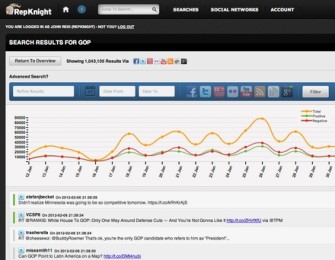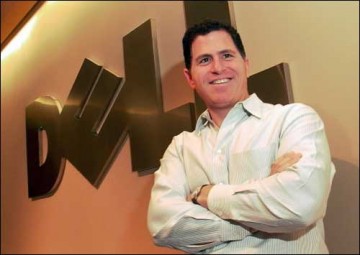 Financial automation software provider Rimilia has announced a collaboration with Microsoft after being accepted onto the current cohort of the select Microsoft ScaleUp programme.
Financial automation software provider Rimilia has announced a collaboration with Microsoft after being accepted onto the current cohort of the select Microsoft ScaleUp programme.
The Microsoft ScaleUp programme, part of the Microsoft for Startups initiative, connects companies with new customers and channel partners and is underpinned by a $500 million investment to drive innovation and growth. Through a rigorous assessment, Rimilia beat hundreds of entrants to secure a place on the programme, as one of only 12 organisations accepted.
The Rimilia solution automates the account receivables process, enabling organisations to control their cash flow and cash collection in real-time, using sophisticated analytics and artificial intelligence (AI) to predict customer payment behaviour and easily match and reconcile payments, removing the uncertainty of cash collection.
While the Rimilia solution integrates with any ERP system, Rimilia already has a number customers on the Microsoft Azure platform including Interserve, Speedy Hire, Securitas and Rentokil. Rimilia has commenced migrating its global blue chip customer base onto Azure, and recent customer wins are being deployed on the Microsoft Azure application service, delivering enhanced security, resilience, scalability and responsiveness.
MD Microsoft for Startups, Warwick Hill, said: “We were struck by Rimilia’s solution. We constantly look to drive value for both Microsoft Clients and the companies being supported in our ScaleUp program – Rimilia is a perfect example of that sweet spot. The ability for our clients to leverage Rimilia’s solution to automate and digitally transform their accounts receivable and audit processes will drive the co-sell partnership for years to come. The power of Microsoft Azure and Dynamics365, coupled with Rimilia’s specific industry and software expertise is a powerful combination.”
Steve Richardson, CCO and co-founder of Rimilia, said: “We are delighted to be working on the Microsoft Startups programme. Microsoft has been tremendously supportive and professional throughout the whole onboarding process. Having never lost a customer to a competitor the extra ‘stickiness’ of working with Microsoft will consolidate that position as well as create a base to support our ambitious expansion plans.”



















